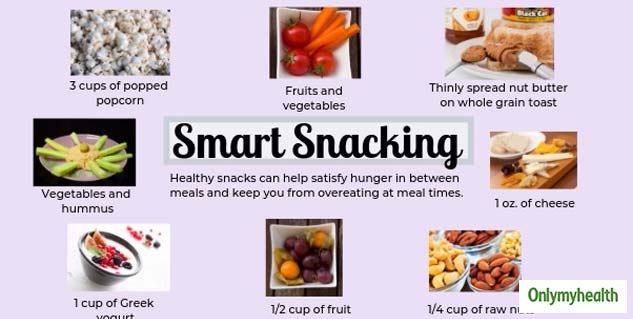
A recent study conducted at the University of Birmingham in the UK reveals that consuming fatty foods during or before a stressful event can impair brain and heart function, hindering the body's recovery from stress. In the experiment, participants were given two butter croissants before engaging in a mentally challenging task simulating everyday stress.
The study found that the consumption of fatty foods under stress led to a 1.7% reduction in cardiovascular function. Previous research indicates that a 1% decrease in cardiovascular function corresponds to a 13% increase in the risk of heart attack, stroke, and other cardiovascular diseases.

Notably, the impact on vascular function persisted for an extended period, with reduced artery elasticity detected up to 90 minutes after the stressful event. The researchers also observed a 39% decrease in oxygen flow to the brain's prefrontal cortex during stress when participants consumed fatty foods, negatively affecting both mood and recovery.
Also Read: 7 Health Benefits of Ashwagandha Milk
On the contrary, the study suggests that consuming low-fat food and drinks has a lesser impact on stress recovery. Even after a low-fat meal, stress still caused a 1.2% decrease in cardiovascular function, but this decline returned to normal within 90 minutes.

The researchers emphasise on the importance of dietary choices, indicating that healthier food, particularly those rich in polyphenols (such as cocoa, berries, grapes, apples, and vegetables), can prevent impairment in cardiovascular functioning. Foods like whole-grain bread, omega-3-rich fish, and nuts are also identified as stress-reducing options.

Also Read: 7 Health Benefits of Ashwagandha Milk
Professor Jet Veldhuijzen van Zanten from the University of Birmingham underscores the importance of these findings, especially for individuals in high-stress jobs and those at risk of cardiovascular disease. The study involved healthy 18 to 30-year-olds, revealing a substantial difference in stress recovery when consuming fatty foods, which could have even more serious implications for individuals already at an increased risk of cardiovascular issues. The study is published in the journal Frontiers in Nutrition.
Also watch this video
How we keep this article up to date:
We work with experts and keep a close eye on the latest in health and wellness. Whenever there is a new research or helpful information, we update our articles with accurate and useful advice.
Current Version